Sydney Schaef on The Future9 Competencies
Key Points
-
The Future9 framework defines future readiness and emphasizes personalized instruction and support.
-
Progressions are strengths-based and student-facing for assessment, while rubrics are evaluative tools.
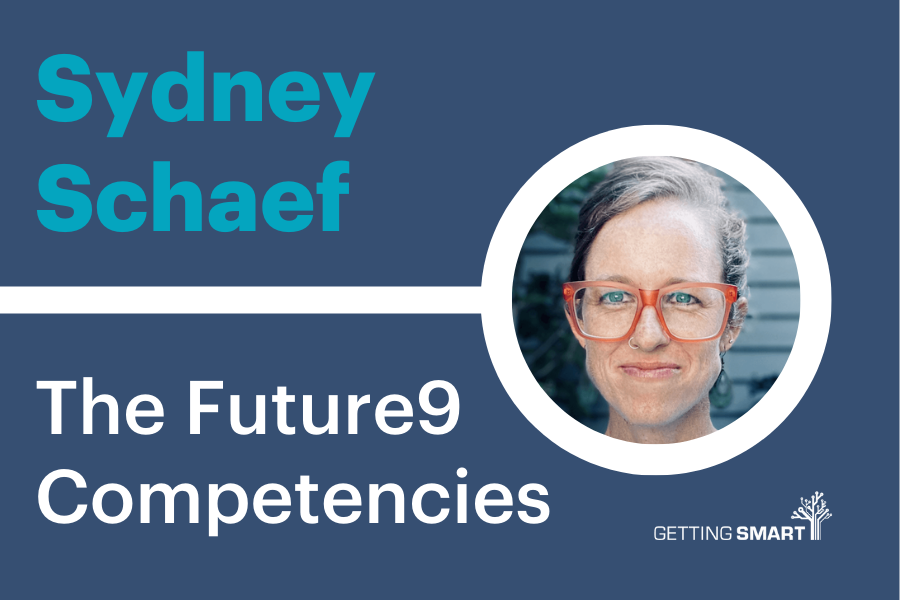
On this episode of the Getting Smart Podcast Rebecca Midles is joined by Sydney Schaef, Managing Director at reDesign, a nationally recognized, women-led education design lab committed to ensuring every young person is future-ready. reDesign recently released the Future9 competencies, 34 skills across a six-level designed progression. The framework draws on more than a decade of collaboration with schools, districts, and state leaders, alongside extensive research reviews, and feedback sessions with academics, young people, and industry leaders.
Together they investigate the implementation of developmental-level progressions within learning systems, that operate at a different grain size from standards and are typically independent of specific contexts or curricula.
Links:
Overview:
On this episode, they discussed implementing developmental level progressions in learning systems, focusing on competency-based learning with personalized instruction. Sydney Schaef from Redesign introduced nine competencies and 34 skills across six levels, emphasizing future readiness and skill progression development through extensive research over a decade. Schaef defined future readiness based on practical skill sets within competencies not tied to grade levels, focusing on accurate assessment practices for learning growth. The competencies are designed as transferable skills crucial beyond academics, addressing needs like conflict resolution often overlooked in traditional standards.
The Future9 Competencies aim to guide learners towards future readiness through clear language supporting educators in designing effective learning experiences. Sydney detailed design choices embedding feedback, questioning, and reflection to provide authentic articulations of skill development.
Outline:
Framework Development and Future Readiness (00:10 – 03:13)
- 00:10: Introduction to the discussion on developmental level progressions and personalized instruction.
- 01:15: Distinguishing the framework by defining future readiness and drawing on years of collaboration with educational partners.
- 03:13: Sharing the framework as a contribution grounded in research to aid in competency development.
Skill Progressions vs. Rubrics (04:34 – 08:46)
- 04:34: Importance of practical, actionable resources for learning and assessment within the framework.
- 06:06: Description of skill progressions and their student-facing, strengths-based language.
- 08:46: Differentiating competency-based rubrics from traditional evaluative rubrics for assessment.
Integration with Existing Standards and Curricula (09:09 – 14:25)
- 09:09: Addressing concerns about integrating competencies with existing standards and curricula.
- 11:11: Unpacking the hidden skills in standards and aligning them with the competencies.
- 14:25: Supporting educators in designing learning experiences using the skill progressions for clarity.
Reflective Practices and Authentic Articulations (15:10 – 19:01)
- 15:10: Importance of feedback, questioning, and reflection within the competencies.
- 16:07: Approach to defining competencies for meaningful skill development.
- 19:01: Embedding reflection, feedback, and other supportive elements within the skill progressions.
Implementation and Community Engagement (20:20 – 25:48)
- 20:20: Availability of the framework for download and collaborative editing.
- 22:14: Importance of relevance to future readiness and checking for bias.
- 23:47: Invitation for feedback and collaboration in implementing the competencies in various contexts.
- 25:32: Call to action for audience engagement and feedback for continuous improvement.
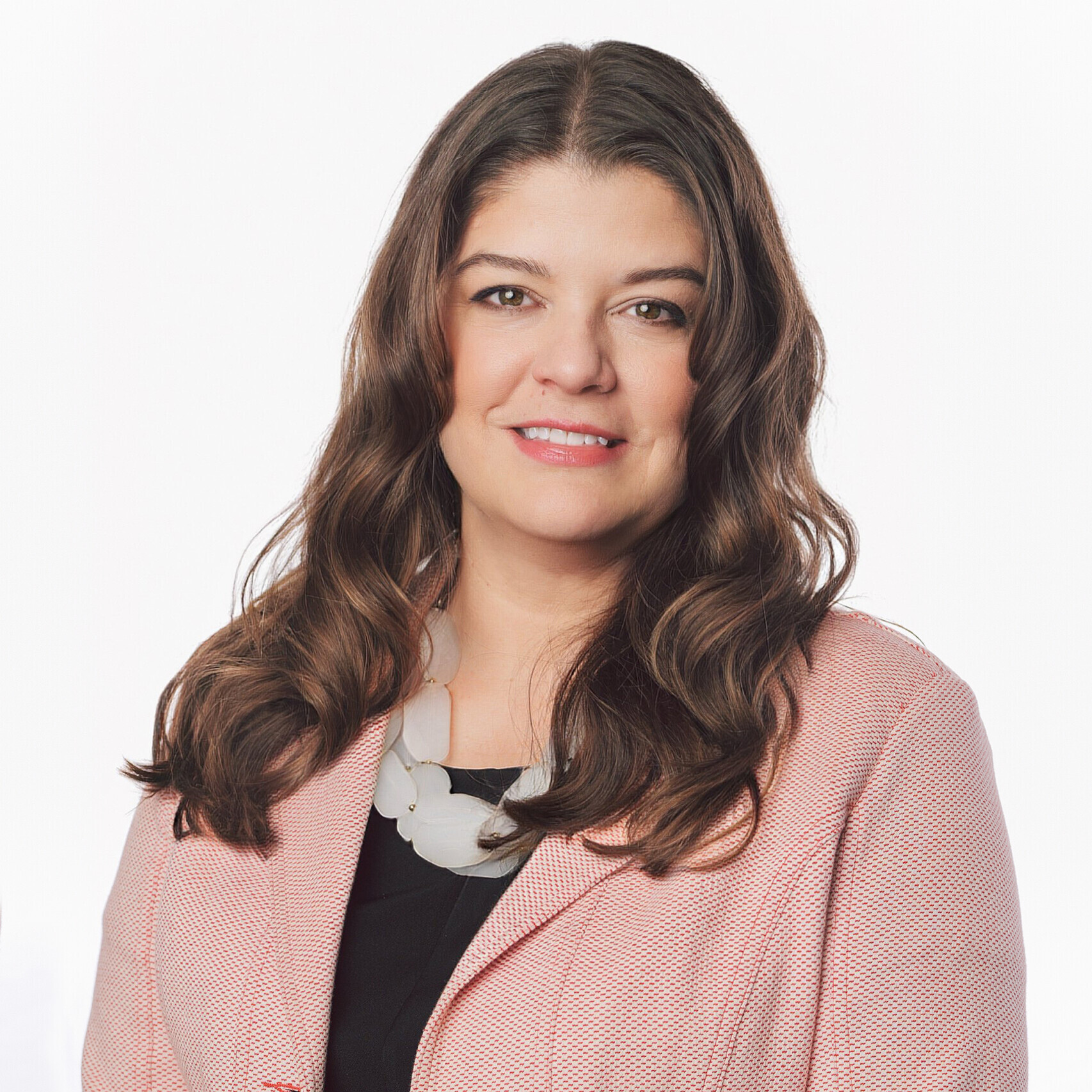




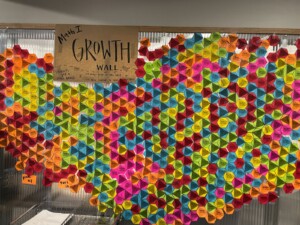
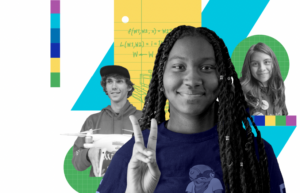
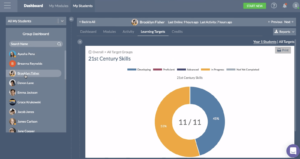
Prof Peter Keiyrooro
extremely informative